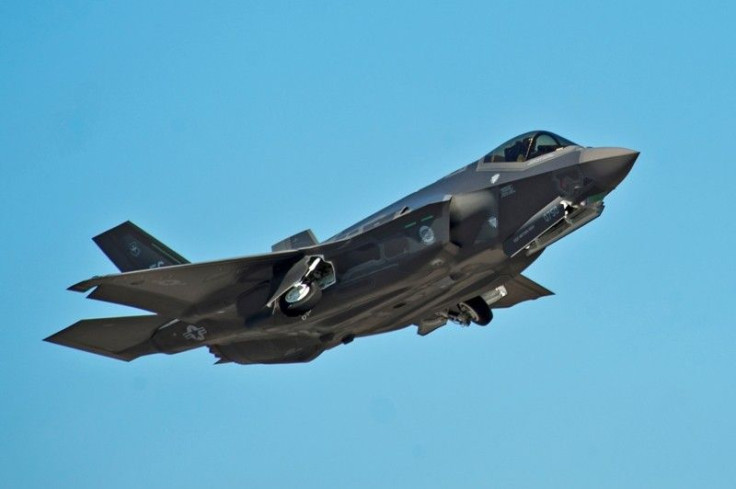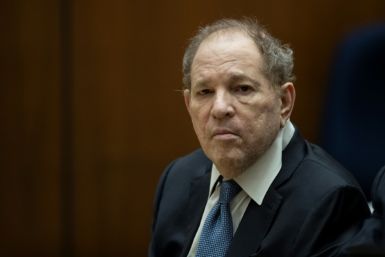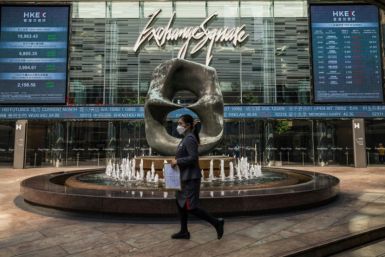Boeing and Lockheed Martin announce base in Dubai as Middle East defence pie expands

Chasing the defense pie in the Middle East, Lockheed Martin and Boeing fortified their presence in the region by announcing new company locations in Dubai. The two defense contractors are keen to leverage Middle East market as the nations in the region are strengthening defences amid regional conflicts.
Boeing announced its Middle East headquarters in Dubai South at the aviation city and is planning to open the headquarters in 2017, reports Investor’s Business Daily. Lockheed also took up a permanent chalet at Dubai World Center, where the Dubai Airshow is held. Lockheed CEO Marillyn Hewson commissioned the three-storeyed structure in the second week of November.
Deals at Dubai Airshow
The Dubai Air show in early November gave the perfect background for inking many deals where military contracts topped commercial aircraft deals.
“The 2015 Dubai Airshow has been very positive for Boeing as we strengthened alliances with partners, secured key commercial airplane orders and met with senior government leaders and customers," a Boeing spokesman said in a statement.
The arms market in Middle East is expanding for many reasons. Some of them include the ongoing fight against Islamic State and the nuclear deal with Iran, which raised security concerns among many countries in the region.
For Boeing, one important deal was a tie up with UAE's Tawazun Precision Industries for building components for tactical aircraft at a TPI facility in Abu Dhabi. Tawazun is the subsidiary of the Emirates Defense Industries Company.
For Lockheed Martin and Raytheon, many contracts came in August requiring supply of Patriot missiles and air-defense systems to countries such as UAE, Qatar and Saudi Arabia. On Nov.10, Lockheed said it is in discussions with Saudi Arabia for selling Sikorsky helicopters. Kuwait also revealed its plans to acquire Boeing F/A-18s.
Military aircraft
Meanwhile, a report by CNBC noted that defence aircraft deals dominated the Dubai Airshow 2015. In the region, Saudi Arabia and the UAE are involved in the war in Yemen against Houthi rebels since March and are part of the US-led coalition fighting the Islamic State in Syria and Iraq.
“The paradigm shift to focus on defence deals is no coincidence. The current war across Syria and Iraq over ISIS means that many Gulf Cooperation Council (GCC) nations are looking to procure and beef up their military capability in assisting the U.S. in defeating these terrorists,” noted Saj Ahmad, chief analyst at StrategicAero Research.
At the Dubai Airshow, Boeing disclosed that it is in talks with five potential customers for its long-range spying plane -Maritime Surveillance Aircraft. Lockheed Martin also announced that it secured a US$262.8 million (AU$369 million) contract from the US Air Force to service Saudi Arabia's F-15 sniper targeting system with search and track sensors and radars for enabling day and night low-level navigation.
Some other notable military deals included the agreement between UAE Air Force and Swedish aerospace firm Saab, for $1.27 billion (AU$ 1.78 billion). The deal entails UAE picking up two brand new Global 6000 long-range surveillance aircraft and upgrading two of its existing Saab 340 jets. Lebanon also bought six Super Tucano aircraft for basic missions from the Embraer Defense & Security.
For feedback/comments, contact the writer at feedback@ibtimes.com.au or let us know what you think below.






